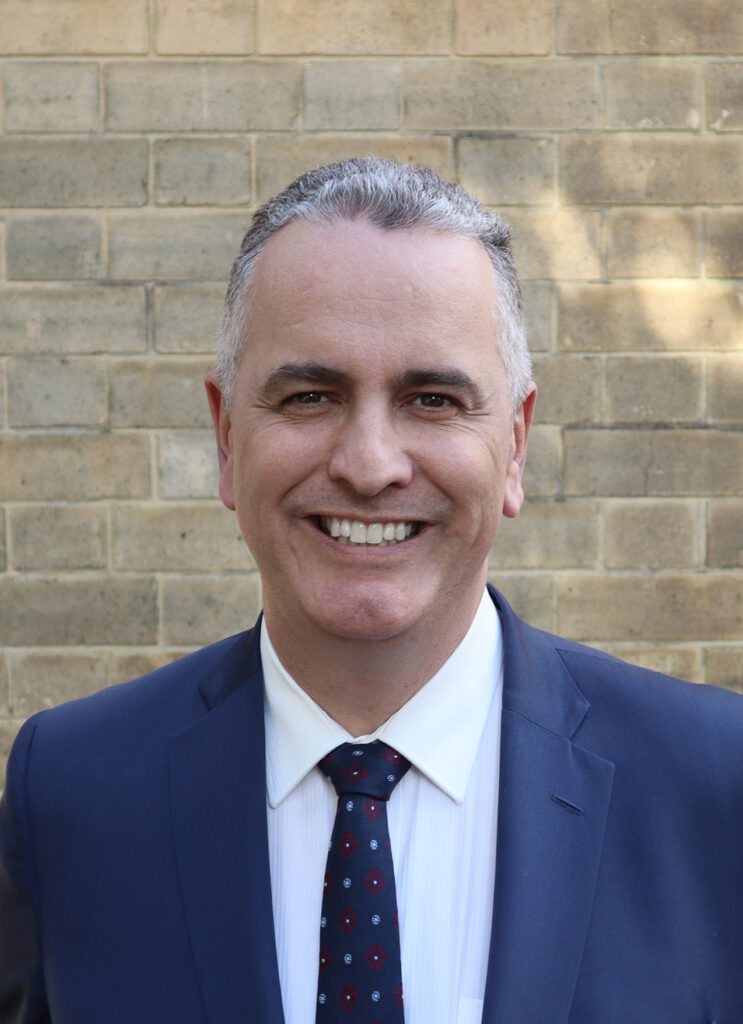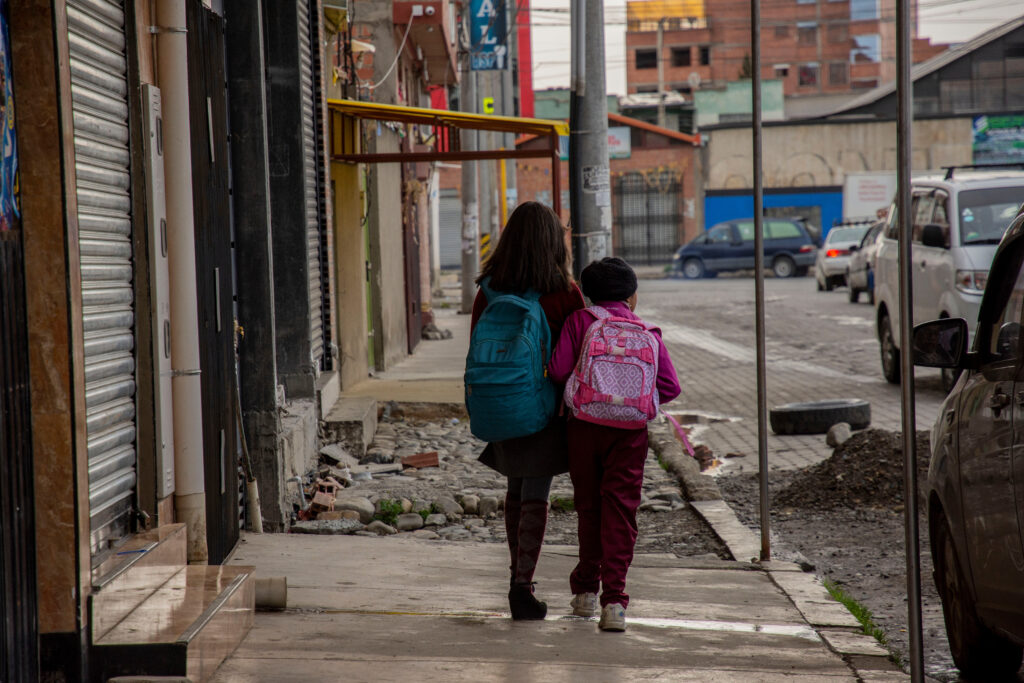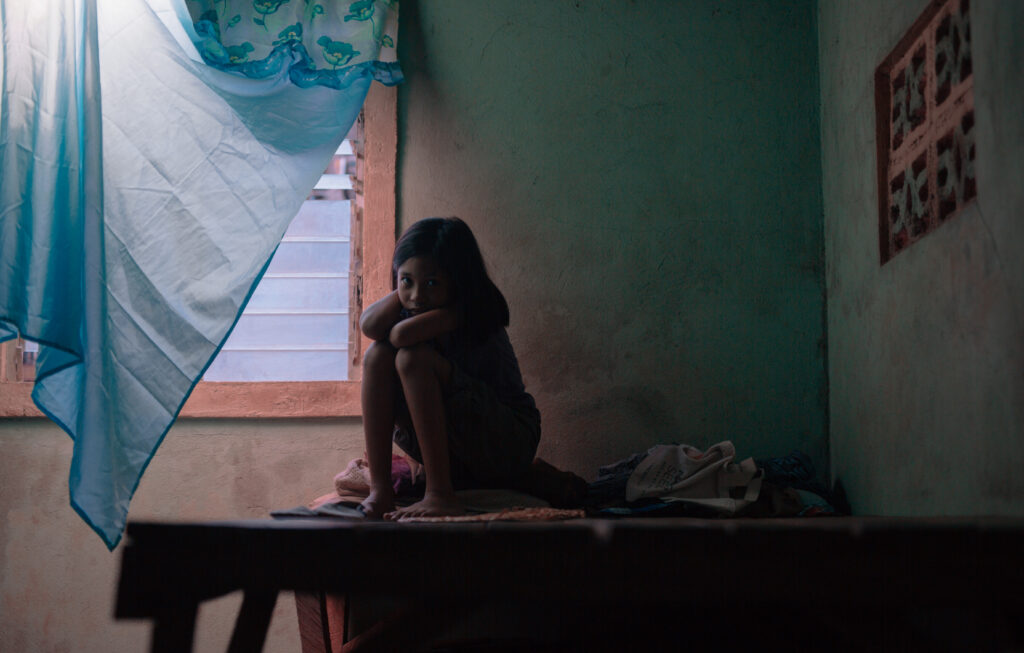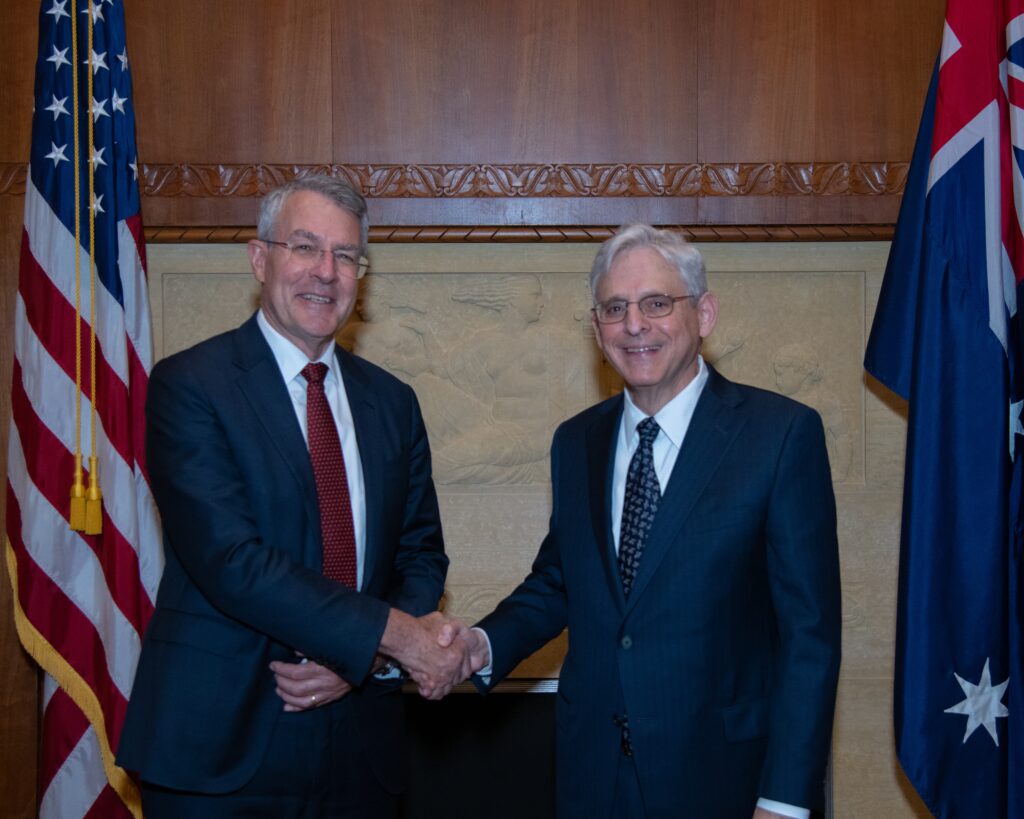Asia-Pacific
A shift in the Philippines means swift justice for survivors like Carolina

CEBU, THE PHILIPPINES,
October 14, 2016
Two traffickers were convicted this week in a case that started three years ago. Ten young women—including girls as young as 15—were rescued from a bar where they had been sold to customers for sex.
“Convictions can be medals symbolising success in our cases. But the transformed lives of the clients we serve are the real trophies of our work. The privilege to witness these things unfold before our eyes makes us grateful each day to be a part of this mission,” said the lead IJM lawyer, full of gratitude after the case ended October 10.
The trial had dragged since the rescue operation in July 2013, with hearings routinely canceled or postponed. Early on, IJM suggested that the defendants enter a plea bargain as a way to speed up the process and ensure swift justice for the survivors.
Plea bargains are quite common in the U.S., but they are not widely used in the Philippines. One advantage when the criminal pleads guilty, often in exchange for a lesser sentence, is that the survivors do not need to testify. In this case, three survivors did in fact take the witness stand and spoke of the awful nightmare they had lived through before the defendants decided to plead guilty earlier this month.
“In the Philippines, plea bargaining is traditionally viewed as a legal strategy of last resort. With nearly 30 convictions through plea bargaining in since 2015, IJM Cebu is igniting a cultural shift to normalize plea bargaining as a legal strategy to secure speedy justice for our clients, protect them further trauma, and conserve judicial resources. It should be explored and availed as a first resort not the last resort,” explained the IJM lawyer.
“I’m glad the case is over. I can move on to another journey in my life,” said one survivor after the final hearing concluded with 15-year prison sentences and fines for both traffickers. Several of the young women have already graduated from IJM’s aftercare program, having completed counseling and gotten connected to job training that will help them live independently.
Two of the survivors, including a 19-year-old named Carolina,* are still living at aftercare shelters. “[Carolina] is very self-aware and she’s learned so many coping skills through her participation in Trauma Informed Care sessions,” said her IJM social worker. “She’s grown and developed a lot. I’m so proud of her.”
Carolina was only 15 years old when rescued, but she bravely decided to participate in the trial and speak out against the abuser. She is now focused on her classes at the shelter, and she hopes to go into social work or music ministry when she graduates. She says she is committed to growing in her faith and serves as the shelter’s “prayer leader.”
Her social worker reflected on the growth in Carolina’s life in the three years since she was rescued—it’s “unimaginable.” Her faith has strengthened Carolina and inspired her social worker, who added, “She told me that after spending a lot of time in prayer and reflecting on God’s promises, she chose to trust in the Lord and forgive her abuser.”
* A pseudonym
International Justice Mission protects the poor from violence throughout the developing world. IJM partners with local authorities to rescue victims, bring criminals to justice, restore survivors, and strengthen justice systems. Today, IJM is helping to protect more than 150 million people from violence worldwide.



